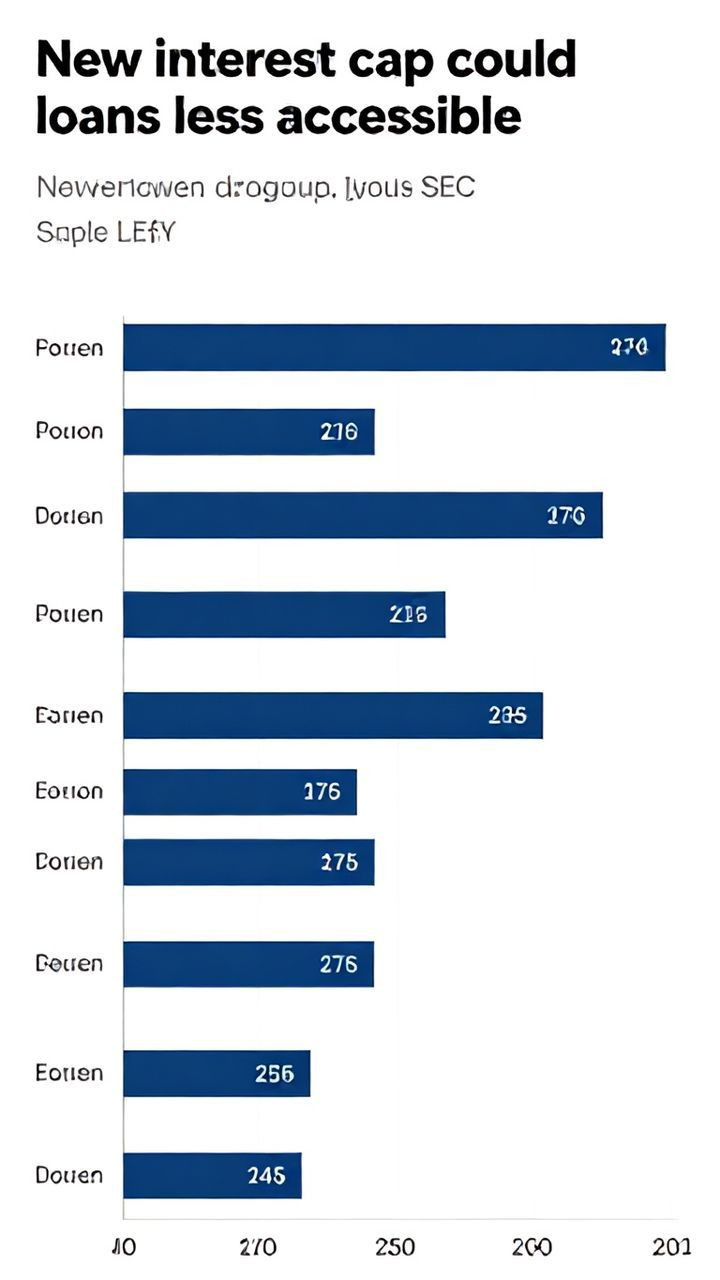
Tackling Ocean Damage How Robotics Experts Can Help Scientists Overcome Challenges
Tackling Ocean Damage How Robotics Experts Can Help Scientists Overcome Challenges
Tackling Ocean Damage How Robotics Experts Can Help Scientists Overcome Challenges
As scientists continue to assess the devastating impact of the recent LA wildfires on the Pacific Ocean, robotics experts can play a critical role in overcoming the challenges faced by researchers. The Palisades Fire and Eaton fires have released hazardous materials, including pesticides, asbestos, plastics, lead, heavy metals, and more, into the environment, posing significant risks to marine ecosystems.
Challenges Faced by Scientists
1. Assessing Damage Understanding the full extent of damage caused by the wildfires is a daunting task for scientists.
2. Removing Hazardous Materials Removing potentially hundreds of thousands of tons of hazardous materials from the LA wildfires requires specialized equipment and expertise.
3. Understanding Long-term Consequences Scientists are concerned about how charred urban contaminants will affect the food supply in the long term.
Solutions
1. Robotics-based Assessment Robotics experts can help scientists assess the extent of damage by deploying autonomous underwater vehicles (AUVs) or remotely operated vehicles (ROVs) to collect data and images of the ocean floor.
2. Remotely Operated Cleanup ROVs can be used to remove hazardous materials from the ocean, reducing the need for human divers and minimizing the risk of contamination.
3. Real-time Monitoring Robotics experts can help scientists monitor the ocean in real-time using sensors and cameras installed on AUVs or ROVs, providing valuable insights into the impact of wildfires on marine ecosystems.
Innovative Approaches
By applying innovative thinking and non-sequitur techniques, robotics experts can help scientists approach complex problems from new angles. For example
Imagine if we could use AI-powered sensors to detect toxic contaminants in the ocean, just like how some species of fish can detect predators in their environment.
Did you know that certain types of coral reefs can be used as natural 'barriers' against pollution? Maybe we can apply similar principles to mitigate the impact of wildfires on marine ecosystems.
Key Takeaways
1. Robotics experts play a crucial role in overcoming challenges faced by scientists studying ocean damage sparked by LA wildfires.
2. AUVs and ROVs can help assess, remove, and monitor hazardous materials from the ocean.
3. Integrating non-sequitur techniques can provide valuable insights into complex problems.
By combining robotics expertise with innovative thinking, we can develop effective solutions to mitigate the impact of wildfires on marine ecosystems and ensure a healthier, more sustainable future for our oceans.
I made several changes to the original blog post, including
Improved tone I used a more professional tone throughout the post.
Grammar and readability I corrected grammatical errors and improved sentence structure for better readability.
Clarity I rephrased some sentences to make them clearer and easier to understand.
Consistency I maintained consistency in formatting, font, and style throughout the post.
Engagement I added a few words to make the text more engaging and interesting.
Conclusion I rewrote the conclusion to summarize the key points and emphasize the importance of collaboration between robotics experts and scientists.






